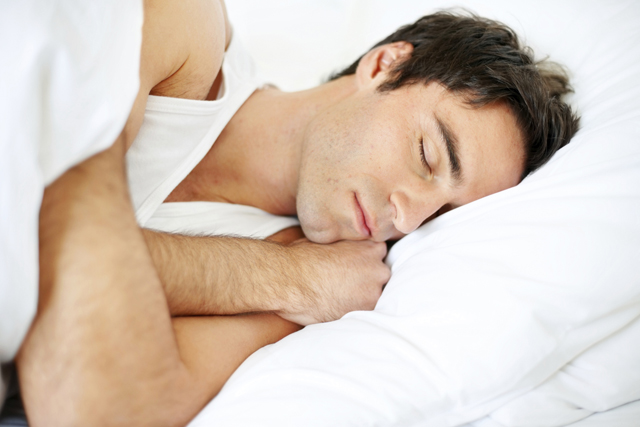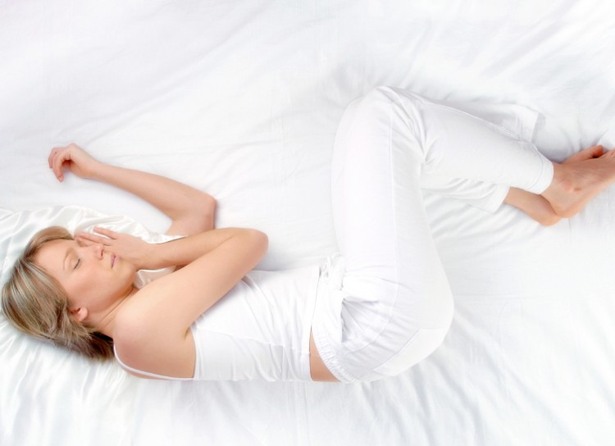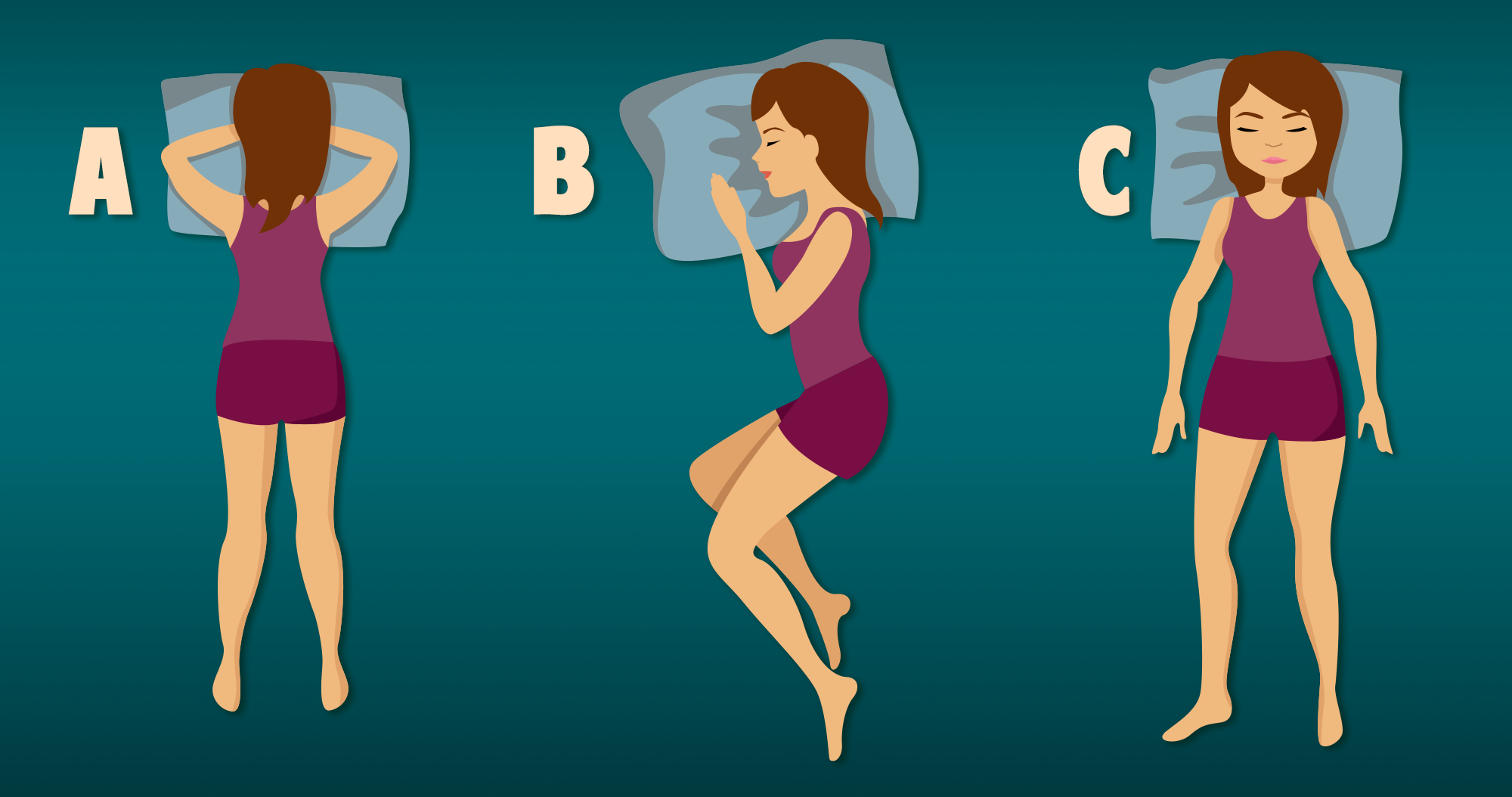Science tells us that we spend a third of our life asleep. We definitely don't spend that much time exercising or eating, so how come we never bother to learn the healthiest way to sleep?
It turns out to be a pretty complicated question, but science does have some answers about the connections between our sleep habits and our health.
The pose you pick can hurt your back, make your face wrinkly and annoy your partner, so learn a little about the health benefits of the three most common positions and be sure you're enjoying your best sleep possible.

Stomach Sleeping
Bad news for stomach sleepers: there's really no benefit to this position. Lying on your stomach misses the point of using a mattress, because your back isn't supported at all. Plus, stomach sleepers can injure their neck because they usually lay it to one side. On the other hand, it's harder to snore in this position.

Side Sleeping
This is the most common sleep position, and it has a lot of advantages. In this position you can stretch your legs out to take the stress off your spine, and it also prevents heartburn and acid reflux. Just be careful to flip sides every so often, to avoid damaging your organs.
Note: If you're pregnant, sleeping on your left side is great because it improves your circulation.

But what about back sleepers?
While your sleep habits are probably the single most important thing about your daily routine that you can change, it's important to take everything into account.
We have lots of tips to help stick to a healthy diet and fit more exercise into your daily life. But first, here's 2 more common sleeping positions:
Fetal Position
Fetal position is a very common kind of side-sleeping, with some surveys saying that 41% of people choose it. However, there are downsides and benefits to this position. Traditionally, the "log" version of side-sleeping, with your legs reaching out, is healthier for your back than tucking your knees into your chest. Adding a pillow between your legs can ease the tension.

Back Sleeping
Back sleeping can be really hard to get used to, but it's worth the effort. When you lie on your back, your spine is supported perfectly by your mattress. Back sleeping also keeps your face wrinkle-free, because your face isn't pressed against a pillow all night.
While sleeping on your back will prevent back pain and muscle soreness, it can make your snoring and sleep apnea worse, so beware.

Your sleep habits depend on lots of different factors, some of which you can't help or change. But a small difference like sleeping on your back can have a big impact on your well-being!

